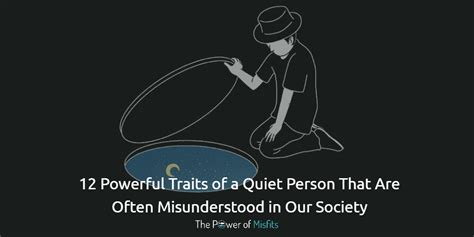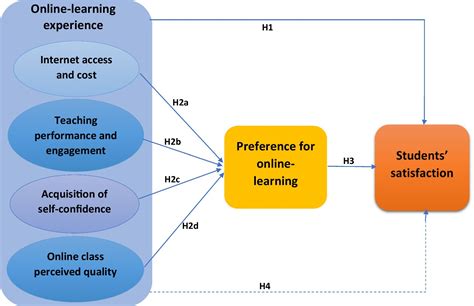Procrastination is a universal foe, a silent saboteur that stalls our progress in areas crucial to well-being, like fitness and finance. We know what we “should” do – exercise regularly, save diligently, invest wisely – yet often find ourselves paralyzed by inaction. The key to unlocking sustained effort isn’t always about more discipline, but rather a profound shift in how we perceive these tasks and ourselves. By recalibrating our mindset, we can transform daunting obligations into empowering opportunities.
Understanding the Procrastination Trap
Often, procrastination stems from deeper issues: fear of failure, fear of success, perfectionism, or simply being overwhelmed by the sheer scale of the goal. We look at the mountain ahead – a year of consistent workouts, a decade of financial planning – and feel defeated before we even begin. This “all or nothing” thinking is a primary culprit, preventing us from taking the crucial first step.

Mindset Shift 1: From “All or Nothing” to “Small Steps, Consistent Action”
Instead of aiming for the perfect workout or a massive financial overhaul, embrace the power of micro-actions. Can’t run 5k? Walk for 15 minutes. Can’t save $500 this month? Automate a $25 transfer. This shift acknowledges that momentum builds from tiny, repeatable actions, not monumental efforts. Consistency, even in small doses, always trumps sporadic bursts of intensity. It’s about showing up, not always excelling.
Mindset Shift 2: From “Future Self’s Problem” to “Present Self’s Opportunity”
It’s easy to defer tough decisions or demanding tasks to a hypothetical “future self” who supposedly has more time, energy, or discipline. This is a cognitive bias known as present bias. Instead, reframe current actions as immediate investments in your present well-being and future capabilities. Every workout completed today improves your current mood and energy. Every dollar saved today reduces present stress and builds a foundation for immediate peace of mind.

Mindset Shift 3: From “Sacrifice” to “Investment”
Many view fitness efforts or financial prudence as sacrifices – giving up immediate gratification for a distant reward. This perspective fosters resentment and resistance. Shift your language and perception: these aren’t sacrifices, they are investments. Investing in your health means investing in a longer, more vibrant life. Investing in your finances means investing in security, freedom, and future choices. This reframe changes the emotional weight of your actions.
Mindset Shift 4: From “Failure is Final” to “Learning is Progress”
The fear of failure often paralyzes us. What if the diet doesn’t work? What if the investment tanks? This mindset sees setbacks as definitive endings. A more empowering view sees “failures” as data points, opportunities to learn, adapt, and refine your approach. Missed a workout? Understand why and plan for the next. Made a bad financial decision? Analyze the outcome and adjust your strategy. Growth isn’t linear; it’s a series of experiments and adjustments.

Mindset Shift 5: From “Comparison” to “Personal Growth”
In the age of social media, it’s easy to compare our fitness journeys or financial portfolios to seemingly perfect others. This often leads to discouragement and self-doubt. Shift your focus inward. Your journey is uniquely yours. Celebrate your personal progress, no matter how small. Your competition is your past self, not someone else’s highlight reel. Focus on becoming a slightly better version of yourself each day.

Applying Mindset Shifts to Fitness & Finance
These mindset shifts aren’t theoretical; they are practical tools. For fitness, this might mean accepting a “good enough” workout instead of skipping it entirely, or viewing your healthy meal prep as an investment in energy, not a deprivation. For finance, it could mean celebrating a small automated saving transfer, or learning from a minor budgeting misstep rather than abandoning the entire plan. The consistent application of these new perspectives builds momentum, resilience, and ultimately, sustainable success.

Conclusion
Procrastination is not a moral failing; it’s often a symptom of unhelpful thought patterns. By consciously adopting mindset shifts – embracing small steps, seeing opportunity in the present, reframing actions as investments, viewing setbacks as learning, and focusing on personal growth – you can dismantle the barriers to action. These powerful internal adjustments don’t just help you beat procrastination; they empower you to build a life of purpose, health, and financial well-being. Start today, with a single shift.




